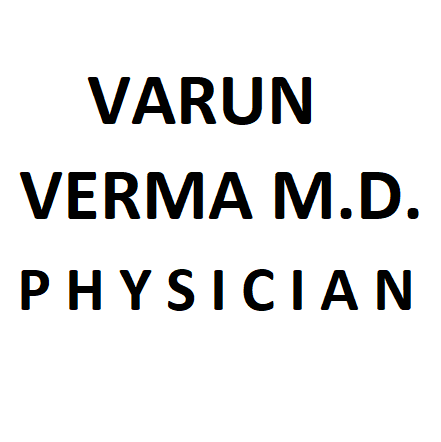There seems to be tremendous apprehension in some parts of the physician community about artificial intelligence (AI) and its impact on the profession and job opportunities. The fields that seem ripe for disruption including imaging (Radiologists) and non-procedural and non-surgical fields like Internal Medicine, Neurology etc. While some physicians are a bit frightened at the impact of AI, I am excited by the opportunities to reduce grunt work, get back time, and help us help our patients by providing safer and more effective care. GPT-4 successfully passed the three steps of the US Medical Licensing Exam.
Medical errors obviously harm many patients every single year. Depending on which studies you look at (and none are very good) it seems that more than 100,000 patients may die as a result of errors. How can we do better and can AI help? Infinite discussions have taken place and there are well documented steps for patients to take to reduce their risk.
It is unlikely that AI will completely replace the need for physicians in the near future. AI is still under development, and it is not yet capable as a human brain (there are reports of ChatGPT of just “making stuff up” at times). However, AI can be a valuable tool for physicians, and it can help them to improve their decision-making and patient care. Even before ChatGPT or Google Bard exploded in media coverage; there was rudimentary AI built into some EMRs – with alerts about drug interactions, kidney function and allergies littering out screens. Hopefully the newest version will continue to evolve and be more helpful to patients.
For example, AI can be used to:
- Access and analyze large amounts of medical data; physicians obviously are human beings and have constraints, they can be susceptible to fatigue and burnout
- Identify patterns and trends in data; this is tremendously important since seasoned/experienced physicians essentially always have more clinical cases they’ve seen in their careers
- Generate hypotheses and predictions
- Provide personalized recommendations for patients; this is vastly different from most of the healthcare system as it exists today which is a one-size-fits all approach.
AI can help physicians to make better decisions by providing them with more information and by helping them to see patterns that they might not otherwise be able to see. AI may also in the future help physicians to save time by automating tasks that are currently done manually. In my practice as a hospital physician I can see the mundane task of electrolyte replenishment (low K and low Mg) or ordering bowel regimens for constipated patients being outsourced to AI.
However, it is important to remember that AI is not a replacement for human judgment or a medical license. Physicians still need to be able to think critically and to make decisions based on their own experience and expertise. AI can be a valuable tool, but it is not a replacement for human doctors. Also the sacred role of simply being present for patients and their families, providing emotional support and being there to hold a patients hand or sit silently in support will never be able to be replicated by technology.
Varun Verma M.D. is a board-certified internal medicine physician, entrepreneur, patient advocate and author. He is the co-founder of Andwise – a platform designed to empower physicians with the financial knowledge and resources they need to make smart non-clinical life decisions.

